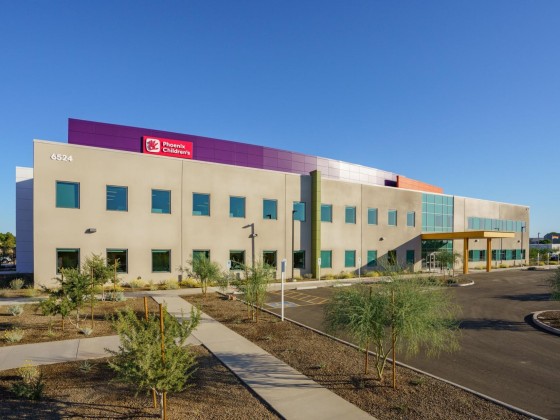Pediatric neuromuscular diseases encompass a spectrum of disorders originating in childhood that affect the muscles, neuromuscular junctions, peripheral nerves or neurons in the spinal cord. While most of these conditions are genetic, some are acquired and primarily an abnormal immune system response.
The Neuromuscular Program at Barrow Neurological Institute at Phoenix Children’s is one of the largest and most advanced in the country, specializing in the diagnosis, treatment and management of a wide range of neuromuscular conditions, including Duchenne muscular dystrophy (DMD), spinal muscular atrophy (SMA) and more.
Phoenix Children’s is committed to providing comprehensive and compassionate care, advancing research and improving the quality of life and outcomes for children with neuromuscular disorders. We offer a range of innovative and cutting-edge therapies, including gene therapy, enzyme replacement therapy and novel pharmacological treatments.


